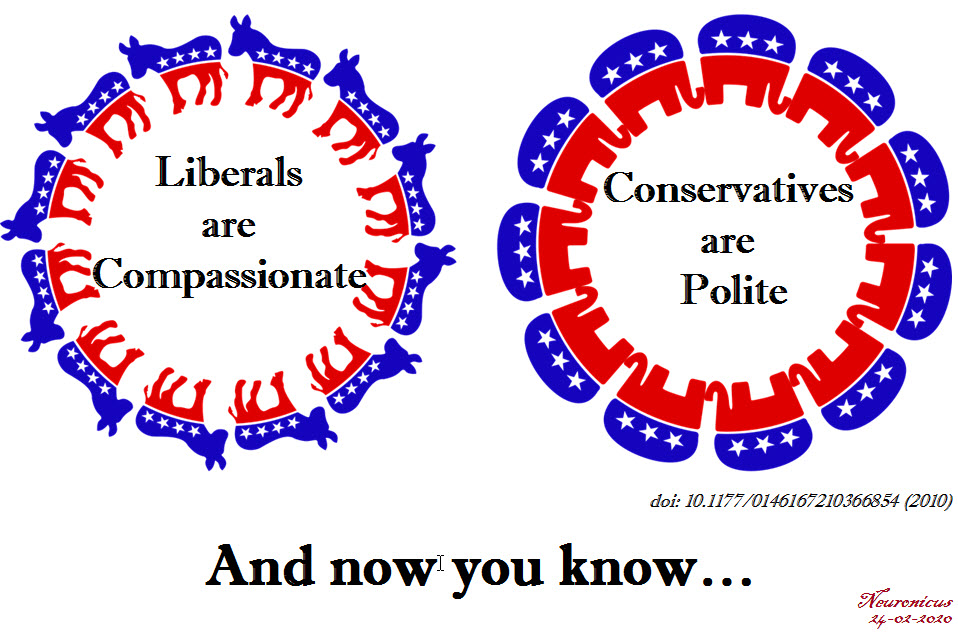I want to share an observation that’s been on my mind for a while. I was visiting a Zoo with my family before the vaccine was available for regular people, around early Spring 2021. A big Zoo. All the enclosures where animals were indoors (penguins, monkeys and so on) had a big sticker on the door asking to “Please wear a mask for our animals’ sake. They too can get COVID19”. An overwhelming majority were putting on their masks upon reading this sign. Really, close to 99% of people, adults and children alike. At the same zoo, the same people were entering maskless in the Gift Shop and other indoor facilities like toilets and so on. I eyeballed less than 10% were wearing masks in “human enclosures”. I spent a lot of time at this Zoo watching for this behavior instead of looking at the other animals to make sure I’m not imagining things.
My lesson: humans are not deemed worthy the masking trouble, but zoo animals are… Now please explain to me how no mask-wearing is about “freedom”, “COVID is a scam/flu/doesn’t exist”, “masks don’t work” and so on and not about a conscious moral choice to knowingly endanger other people and their kids?
By Neuronicus, 17 August 2021


EDIT: Mrs. Clinton’s first name is Hillary, not Hilary.
REFERENCES:
Howard J, Huang A, Li Z, Tufekci Z, Zdimal V, van der Westhuizen HM, von Delft A, Price A, Fridman L, Tang LH, Tang V, Watson GL, Bax CE, Shaikh R, Questier F, Hernandez D, Chu LF, Ramirez CM, Rimoin AW. (26 Jan 2021). An evidence review of face masks against COVID-19. Proceeding of the National Academy of Sciences of the USA, 118(4):e2014564118. doi: 10.1073/pnas.2014564118. PMID: 33431650. ARTICLE | FREE FULLTEXT PDF P.S. Since this paper was published, dozens of others have been published that say the same thing: wear a mask for all our sakes.
Kahane LH (5 Jan 2021). Politicizing the Mask: Political, Economic and Demographic Factors Affecting Mask Wearing Behavior in the USA. Eastern economic journal, 1-21. doi: 10.1057/s41302-020-00186-0, PMCID: PMC7783295, PMID: 33424048. ARTICLE | FREE FULLTEXT PDF


